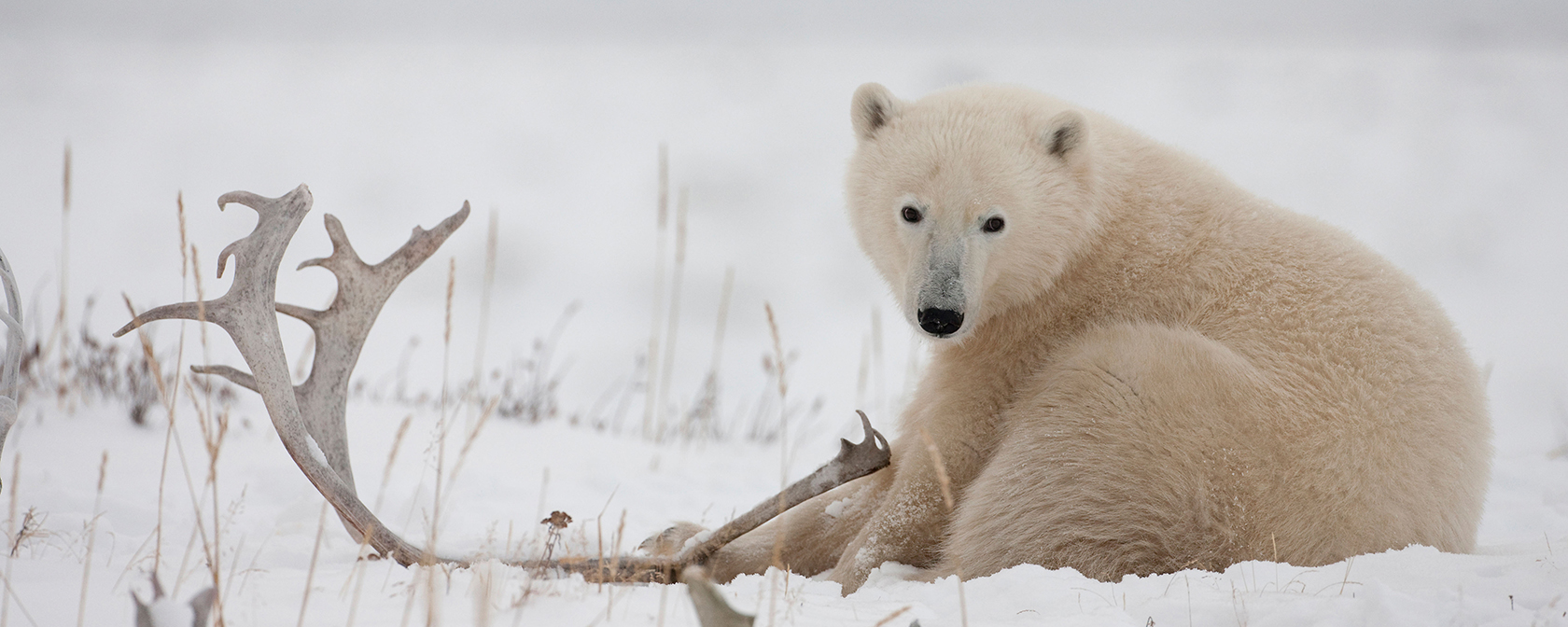By Sara Amundson and Kitty Block
The annual Dallas Safari Club convention is a sickening display of the havoc American trophy hunters wreak year after year on the world’s wildlife, with their penchant for killing endangered and at-risk animals. The pandemic has forced the 2021 convention to move online this year, but that doesn’t mean it has become any less deadly.
At the convention, which begins Wednesday, the lives of hundreds of wild, rare and exotic animals will be on offer. Trophy hunters looking for a thrill kill and for heads and hides to decorate their living rooms can pay to mow down elephants in Zimbabwe, brown bears and black bears in Alaska, and leopards in Namibia.
Canned lion hunts, where the hunter kills an animal trapped in an enclosure, are also on offer, despite the DSC’s purported opposition to captive-bred lion hunts—opposition the group reiterated as recently as November 2020.
Our staff did a detailed and in-depth analysis of the auctions donated by outfitters and exhibitors at the convention this year. Following are some of their findings:
- On offer are 183 hunting auctions donated by outfitters that will lead to the killing of at least 205 animals in 24 countries.
- The most expensive international auction item is a $70,000, 10-day hunt of desert bighorn sheep in Mexico followed by a $50,150 leopard hunt in Namibia and a $42,500 ibex hunt in Spain.
- The most expensive U.S. auction item is a 10-day hunt for a brown bear in Alaska valued at $52,850.
- Trophy hunters can also bid on elephant hunts in Namibia, Zimbabwe and Zambia, a giraffe hunt in South Africa, brown bear and black bear hunts in Russia, and a wolf hunt in Canada.
- Items like firearms, apparel made of beaver, mink and lynx fur, Swarovski Optik equipment such as a riflescope, and an $80,000 diamond necklace are up for auction as well.
Altogether, these items on auction are expected to generate $3.5 million in revenue for DSC.
Additionally, there will be 849 exhibitors at the convention, including 351 hunting outfitters who will together offer hunting packages to kill at least 319 species in 70 countries. These include:
- Polar bears, cheetahs, wild sheep and monkeys.
- Packages to kill the “African Big Five”—elephants, rhinos, lions, leopards and Cape buffalo—and the “Tiny Ten”—small African antelope species, some under eight pounds.
- Canned lion hunts in South Africa, offered by 39 South African exhibitors. Most, if not all of those, are likely captive-bred lions.
- Sixteen canned hunts of exotic and native species in the United States are also up for auction.
- Canned puma hunts in Argentina, which have been extremely controversial locally. Advocates’ exposés show the pumas are kept in cages, drugged and transported to the hunting reserve before being released and killed by a trophy hunter.
- Rhino trophy hunts in South Africa, including critically endangered black rhinos. This comes on the heels of a recent announcement by the South African government that its rhino population is being decimated, with the rhino population in Kruger National Park dropping by a mindboggling 70 percent over the last decade. South African National Parks, which overseas Kruger, auctions off black rhino trophy bulls to hunting concessions, including DSC exhibitors.
There is something terribly wrong with an organization whose members think it’s fun to kill rare and beautiful animals who are fast disappearing from earth. Unfortunately, trophy hunting is a multi-million-dollar commercial enterprise that continues to survive because it is the preserve of a handful of people with friends in high places. Most Americans do not support trophy hunting, however, and with your support we are working on so many fronts to stop it: through legislation, in the courts, and by raising awareness through investigations and analyses like this one. It is alarming that even a global pandemic has not succeeded in reducing the bloodthirst of these trophy hunters. But we continue to be vigilant and we will keep the spotlight firmly turned on these craven goings-on until they end for good.
Kitty Block is President and CEO of the Humane Society of the United States.




